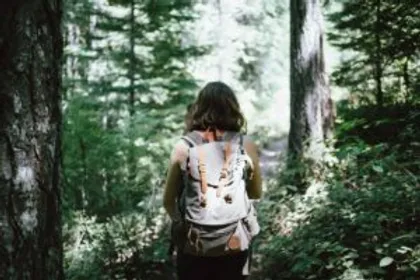Last Monday, Indiana issued a shelter-in-place order. And here you are, coping with COVID-19. You are ordered, by the authority of the governor, to stay home as much as possible. All non-essential businesses are closed (what is an essential business anyway?)
And there is so much uncertainty: how many cases of COVID-19 really exist, how bad is it really – are we the next Italy? “The next two weeks are critical.” Critical how? Confusion reigns about whether social distancing really works, how well it works, how strictly you ought to follow it. You may worry about loss of loved ones or loss of income.

Coping with COVID-19 feels like:
You are Through the Looking Glass, just like Alice. In Lewis Carroll’s novel, Alice finds herself back in the fantasy realm, where she must play a game of chess against the Red Queen and become a queen herself, in a world where everything is literally backwards. Running helps you stay in place, for example. Nursery rhyme characters come to life.
Like Alice, you may find that everything seems backwards and your path uncertain. Uncertainty provokes a basic survival anxiety. Human beings thrive in relatively predictable environments where they have strong social ties and connections to others… that does not sound like your reality right now, does it? Coping with COVID-19 is unlike anything you have lived through before.
So start by giving yourself a break. These are unprecedented times and answers will remain non-existent or confusing for quite some time. It will be hard to make peace with that and carry on.
Yet human beings are remarkably adaptive. You are entirely capable of shifting to a new normal, learning how to play chess like Alice and maybe even being crowned queen at the end. And like Alice had help, you may find mentors and guides through this chaos.
Look for those you respect and admire online and absorb their advice. Reach out to those in your personal life whom you appreciate, and learn how they’re coping. Perhaps you and a new friend will guide each other through the territory of the Red Knight, avoiding madness together.
Suggestions for coping:
Here’s some simple guidance you may find useful:
Put it off: If you feel overwhelmed dealing with something and it’s not directly related to surviving right here, right now, put it off. Reduce your stress level by ignoring the things that aren’t urgent and important until you feel capable of handling the things that are. Those things can wait until you’re done coping with COVID-19.
Maintain a routine: Once you’ve made the transition to working from home, keeping up with your kids and putting aside enough supplies to last until April 7, seek to create a New Normal. Human beings are creatures of habit. Predictable routines soothe the older parts of our brain that are constantly scanning for signs of threat (the amygdala).
Maintain your personal hygiene: While working from home does provide the luxury of a simpler morning routine, consider the value of getting dressed anyway. Maintaining your regular personal care routine will support your emotional well-being and reduce stress. Remember: change is anxiety provoking, so limit that.
Sleep and wake at normal times: Maintaining sleep/rest and wakefulness cycles soothes your sense of threat and enhances your ability to cope. Try to avoid letting your sleep schedule wander all over the place. If you’re having difficulty sleeping, at least try to spend the same time each day resting. If you feel like sleeping more than usual, that’s cool too. Dealing with uncertainty is draining and extra rest will do you good.
Enhance your sense of social connection: There are two ways to approach this: deepen or broaden. Deepen existing relationships through phone calls or video chats. Try to reach out to one or two people daily in this way. You can also broaden your social circle by meeting new people. Reach out to an acquaintance or a friend of a friend on Facebook or join a group that hangs out online to talk about things you’re interested in. Meetup.com facilitates both online and in-person gatherings, so you can easily see that new friend in person when the quarantine lifts.

Get outside: Extensive research shows spending time outside, especially in natural settings, greatly reduces your sense of stress. Being active and moving around also reduces stress. Our bodies were built to move. Enjoy the arrival of spring and use your time outside to meet up with a friend (staying 6 feet apart naturally) or find some time alone if the other members of your household are making you crazy. Going for a walk is always a good choice!
If getting outside to walk is hard or you need to just get a break from the people around you, consider going for a drive. You can’t expose anyone while sitting in your car, and so far police aren’t pulling people over. Getting out for a drive in the country can reap many of the same benefits as taking a walk.
Be here now: One surefire way to deal with anxiety related to uncertainty is mindfulness. You can engage your five senses – taste, touch, smell, sight, hearing – to bring your awareness to the here and now. Take time to stop, breathe and notice that right now, in this moment, you are safe and comfortable. This will do wonders to reduce your distress. If you’re breathing easily, your mind will calm down too.
Freedom through restrictions: There’s nowhere to go! There’s nothing to do! But… if you can’t go anywhere, what can you finally do at home? Organize that cupboard that always explodes onto the kitchen floor. Read or listen to all those books you’ve bought and never cracked open. Finally dive into that craft project you’ve been planning to do someday. Someday is here! You’ll never have more freedom to pursue being the best at home hermit as you do now. Embrace the challenge!
Social Media: Engage with this one carefully. Use it to express yourself, to stay in touch, to learn about cool hangouts, classes and activities that folks are hosting online. Once you’ve caught up and expressed yourself, check in with how you feel. If you notice you’re anxious or drained, get out. Put the phone down or call that friend for whom you feel concerned. Social media shows the best and worst in humanity. Consume carefully!
At the end of the day, listen to your body. Use this quieter time, this slowdown, to explore yourself and your needs. Use every self-care skill you have and then do it again. In times of stress, you need to be gentle with yourself more than ever. There is no one right way to cope with a pandemic. Chances are, you’re doing just fine.
